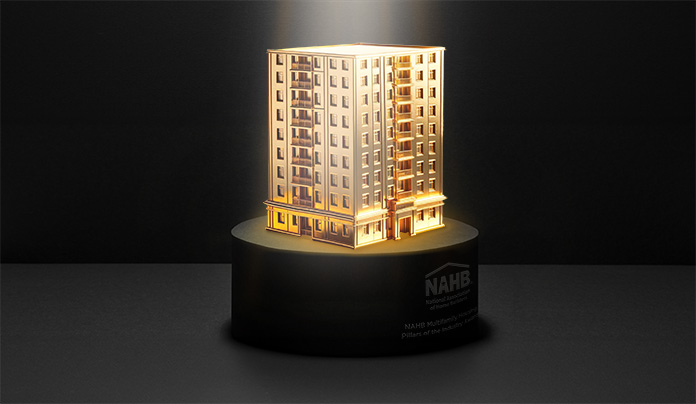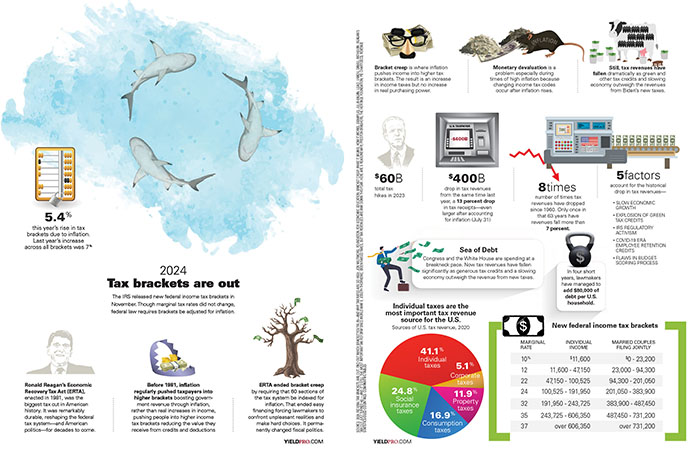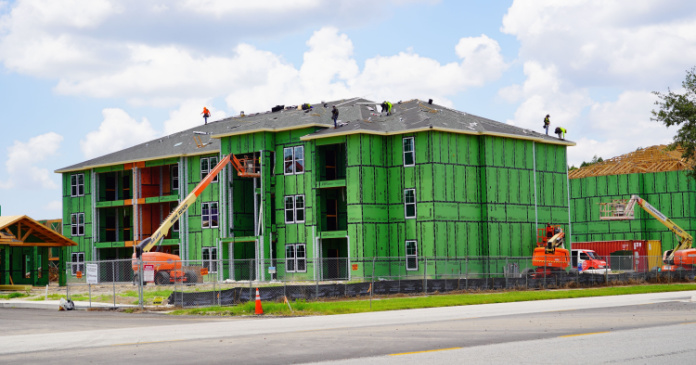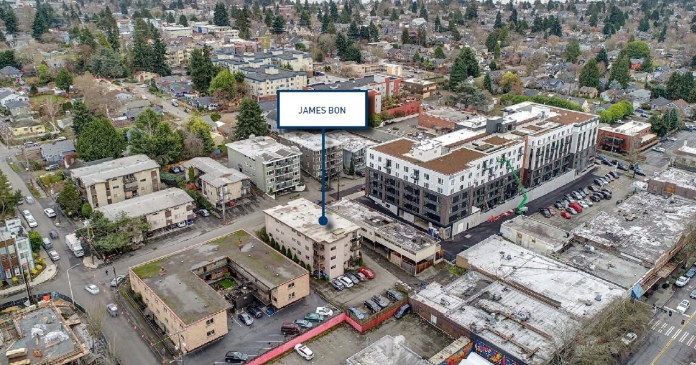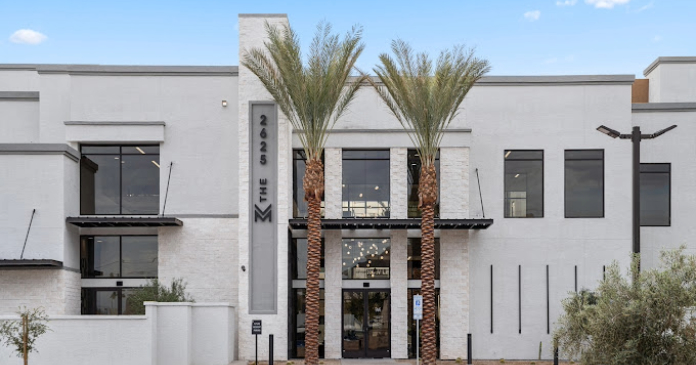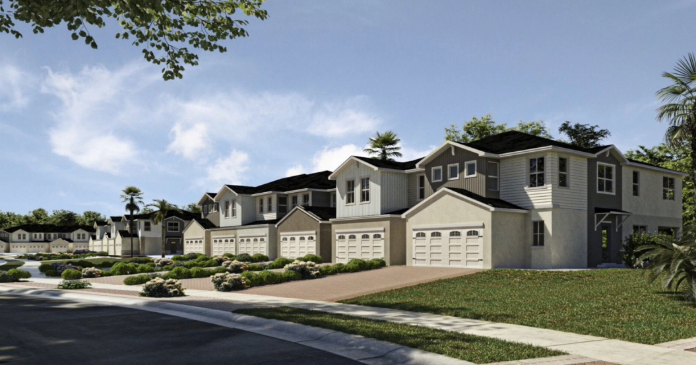Even in the boom of 2005, premier wet slips bucked appreciation trends of traditional single family homes.
As the growing demand for boat slips fuels marina sales, investors and boaters are hopping on board for permanent ownership of waterway access. At the forefront of this boom is Yacht Clubs of the Americas (YCOA), a premier network of luxury private yacht clubs featuring “Dry Rackominiums” and “Wet Dockominiums” for purchase with five-star concierge service. The company boasts a growing network of properties in popular ports-of-call including Key West, Ft. Meyers, Sanibel, Naples, Tampa , Stuart, New Smyrna and Ft. George (Jacksonville). In addition, ownership entitles members to reciprocal privileges at Grand Bahamas Yacht Club, an affiliated YCOA location.
Waterfront property and boat storage are in high-demand with more than one million registered boaters in Florida, as well as potential investors.
The scarcity of marina slips has them fetching top dollar in investment circles. According to state-certified general appraisers, wet and dry slips appreciated an average of 35 percent per year for the past eight years. Demand continues to out pace supply.
“We are losing around 2,500 a slips a year,” says Steven Knight, founder of YCOA. Over the years, the number of boats in Florida has increased as the number of slips has decreased. The reason is many small, and formerly independent marinas, are unable to produce the revenue necessary to justify their use of waterfront property. As a result, these marinas are being purchased by large development companies and turned into residential communities. In addition, hazardous weather has destroyed hundreds of slips, and environmental and regulatory land use restrictions have further reduced available supplies.
YCOA is ensuring that their properties can never become something other than a marina. The company’s mission is to preserve the future for the next boating generation by locking down the slips as a deeded asset expected to appreciate.
YCOA founder Steven Knight began to work on the YCOA business model in 2004 when he found himself one of a growing number of boat owners who couldn’t find a permanent slip for his vessel. Since then, he has steered some $300+ million in funding to YCOA with plans to raise even more capital in the coming months. Knight’s goal is to have a YCOA five-star facility every 200 to 300 miles around the state and eventually the Eastern Seaboard.
“As the network grows, members can sail from one YCOA location to another where there is a uniform emphasis on luxury and quality service,” said Knight. “I strongly believe the boating world is ready for a branded port of call like YCOA,” declares Knight.
In addition, YCOA is setting a new standard in the boating lifestyle. Owners benefit from the unparalleled amenities of a yacht club atmosphere, which features a martini/cigar lounge, waterfront cocktail bars, tiki hut barbecue, spa, fitness center, swimming pool, saunas, gourmet deli and coffee lounge.
With increasing pressures on time, many executives are looking to YCOA to take the workload out of boating. The USA Today reports that boaters from inland cities spend about $147 on fuel, food and lodging each time they drive to a waterfront city to use their boat. In addition, about three hours is wasted on the work necessary to get the boat in and out of the water.
Those who spend between $130,000 and $250,00 for a Dry Rackominium or $210,000 to more than one million for a Wet Dockominium will become part owners of the property, a system using the same legal set-up as a condominium association. The site could only be sold if 80 percent of the owners agree. For more information visit www.ycoa.com.



